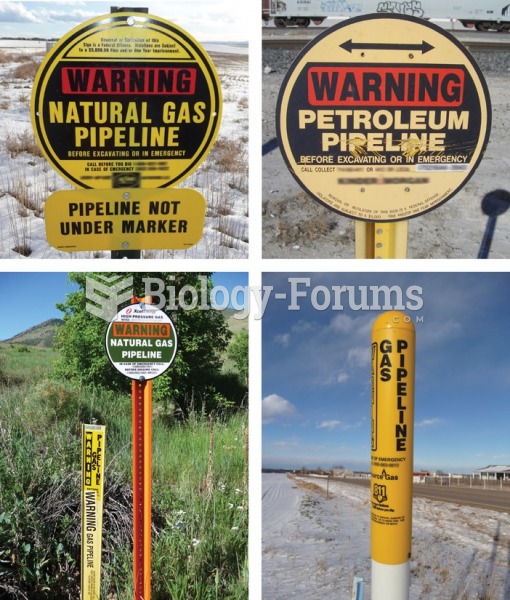|
|
|
Did you know?
Cyanide works by making the human body unable to use oxygen.
Did you know?
The first oncogene was discovered in 1970 and was termed SRC (pronounced "SARK").
Did you know?
Women are 50% to 75% more likely than men to experience an adverse drug reaction.
Did you know?
The familiar sounds of your heart are made by the heart's valves as they open and close.
Did you know?
Vital signs (blood pressure, temperature, pulse rate, respiration rate) should be taken before any drug administration. Patients should be informed not to use tobacco or caffeine at least 30 minutes before their appointment.







